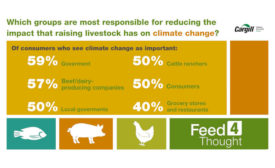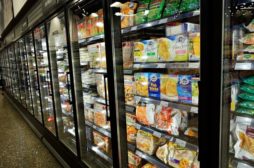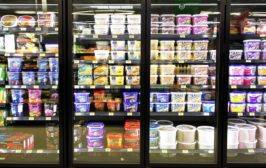Home » consumer trends
Articles Tagged with ''consumer trends''
Frigid Five: Best New Frozen Retail Products Winners
These chilly champions outpaced a field of 20 contenders through a combination of on-trend innovation and category-focused strategy.
July 29, 2021
The 2021 State of the Industry Report: A Mid-Year Snapshot
Continued growth and a new set of challenges for the post-pandemic cold chain in 2021.
July 16, 2021
Refrigerated and Frozen Food Sales Rising Again Amid COVID-19 Pandemic
After a one-week decline, sales increase, while year-over-year numbers remain lofty due to residual effect of COVID-19 stockpiling in early March.
April 18, 2020
U.S. Enters 'Cool Down' Period for Refrigerated and Frozen Food Purchases as Stockpiling Decreases
Sales numbers down across the board, but still significantly higher compared to last year.
April 13, 2020
Frozen and Refrigerated Foods See Sky-High Spike in Sales Amid COVID-19 Pandemic
New data from IRI details consumer food and beverage stockpiling trends since March 1.
March 30, 2020
Study examines food industry trust issues
The new research gauges the trustworthiness of food companies and institutions, various grocery categories and sources of food information.
April 9, 2019
Survey reveals U.S. consumers learn about healthy food trends via social media
Called the "Siri for brands," Suzy is a consumer intelligence platform that unlocks critical consumer insights to help organizations make better and more informed decisions—faster.
March 22, 2019
Elevate your expertise in refrigerated and frozen foods with unparalleled insights and connections.
Get the latest industry updates tailored your way.
JOIN TODAY!Copyright ©2025. All Rights Reserved BNP Media.
Design, CMS, Hosting & Web Development :: ePublishing










